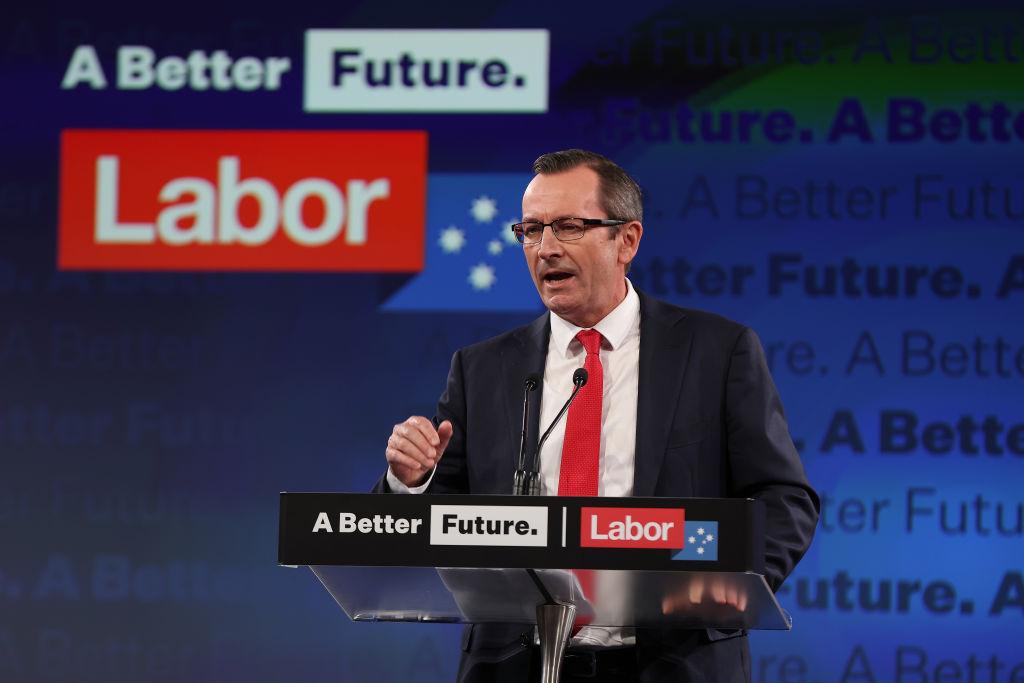The state opposition and experts in public affairs are calling on Western Australia’s (WA) Labour government to increase its spending to tackle the healthcare and housing crises after the state reported a $5.7 billion (US$3.92 billion) budget surplus in the 2021-2022 financial year.
While confirming the surplus and announcing the state budget for 2022-2023, Premier Mark McGowan said he suspected other state governments would be “green with envy.”





